I have a terrible habit of checking my spam folder every day – I don’t trust my spam filter to weed out only the worst of the worst; I feel that there’s something worthwhile under the heaps of transfer money requests and strangers mentioning how they were happy to see me last night. I’m usually right, too – at least once a week I uncover a little bit of gold among the rubble.
Spam filters are pretty great at keeping the rubbish out of your main inbox, but they’re sometimes so good that they sweep away valuable emails, too. Don’t let your emails get confused with junk – most people don’t even bother with their spam folder, so your painstakingly crafted email or newsletter will go on undiscovered forever.
Subscribe To Our Youtube Channel
- 1 How Email Service Providers Work
- 2 Spam Words to Avoid in Email Marketing
- 3 Download for Free
- 4 You have Successfully Subscribed!
-
5
13 More Tips for Keeping Your Emails Out of the Spam Folder
- 5.1 1. Keep it short.
- 5.2 2. Be selective about keywords.
- 5.3 3. Limit punctuation marks.
- 5.4 4. Stick to regular sentence casing.
- 5.5 5. Choose font colors sparingly.
- 5.6 6. Balance text and images.
- 5.7 7. Don’t add attachments.
- 5.8 8. Be smart about links.
- 5.9 9. Optimize the “from” field.
- 5.10 10. Re: and Fwd: don’t trick the spam filters.
- 5.11 11. Don’t check “Of High Importance.”
- 5.12 12. Never pull a bait-and-switch.
- 5.13 13. Spell check.
- 6 Wrapping Up
How Email Service Providers Work
Email service providers (ESP) have spam-detection tech in place to weed out unsafe or low-quality emails from the good stuff. ESPs score emails based on different variables, and that spam score determines whether or not an email actually makes it into your inbox. The higher the spam score, the more likely it is that the email is junk. All sorts of things trigger spam detection, with spammy words just being one component. Your job is to create emails that avoid as many spam triggers as possible.
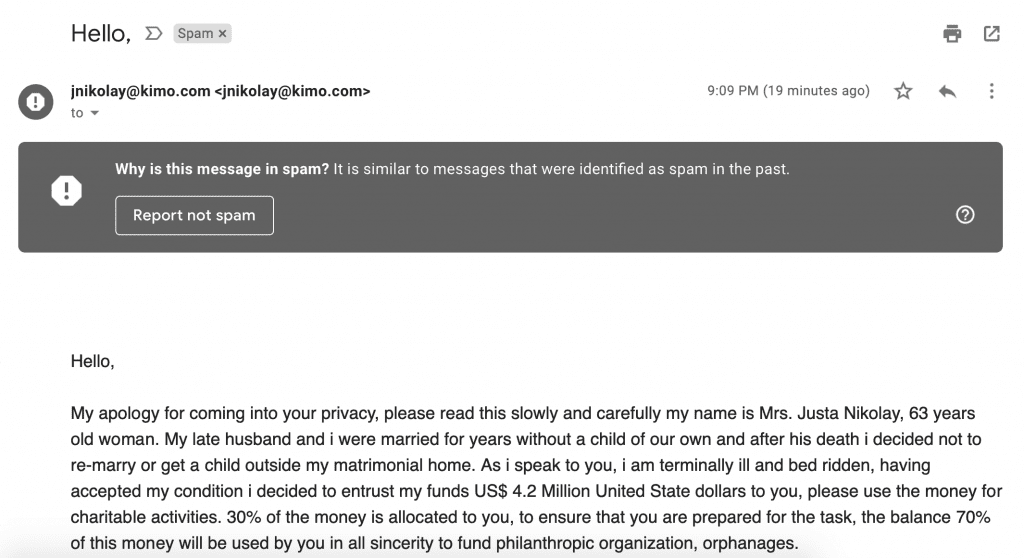
Spam Words to Avoid in Email Marketing
We have 300 spam words that you don’t want anywhere near your email – you can download the full list using the form below. Below are 100 single spam words to avoid in email marketing (these are included in the list of 300, too).
For these lists, I removed any phrases that include individual spam words. For example, “Click Below” and “Click Here” are both spam words to avoid in email marketing, but so is “click” as a standalone, so I only include “click” in the list.
- Acceptance
- Access
- Accordingly
- Action
- Amazed / Amazing
- Avoid
- Bargain
- Billing
- Bonus
- Buy
- Call
- Cancel
- Cash
- Certified
- Chance
- Cheap
- Check
- Clearance
- Click
- Collect
- Compare
- Cost
- Credit
- Deal
- Debt
- Discount
- Earn
- Expire
- Extra
- Fantastic
- Form
- Free
- Freedom
- Friend
- Get
- Great
- Guarantee / Guaranteed
- Hello
- Here
- Hidden
- Home
- Income
- Instant
- Insurance
- Investment
- Junk
- Leave
- Legal
- Life
- Lifetime
- Limited
- Loans
- Lose
- Luxury
- Marketing
- Money
- Name
- Never
- New
- Now
- Obligation
- Offer
- Only
- Open
- Opportunity
- Performance
- Phone
- Please
- Price
- Prize
- Problem
- Promise
- Purchase
- Quote
- Rates
- Refund
- Remove / Removal
- Request
- Reverses
- Sale / Sales
- Sample
- Satisfaction
- Save
- Score
- Serious
- Shopper
- Solution
- Spam
- Stop
- Subscribe
- Success
- Supplies
- Terms
- Traffic
- Trial
- Unlimited
- Unsubscribe
- Urgent
- Warranty
- Weight
Instead of using any of the spam words to avoid in email marketing, find a different way to present your products or services:
- What are the solutions that your product offers?
- Why should the email recipient trust your brand or make a purchase?
- How does your company fulfill your audience’s needs?
The deeper you can dig into these questions, the less surface-level the content will be, and you’ll notice that spam words start to disappear organically from your copy.
Cold Email Subject Lines
We have an article about writing subject lines for your audience, so I’m going to give you a few simple templates for cold emails:
- If you’re contacting the person based on a referral, you can say, “[Name] said I should connect with you.”
- To congratulate someone on a new job (and form a professional connection with them), you can’t say “congratulations” or “new.” Instead, say, “Your recent promotion to [job].” Don’t say “special promotion,” though – it’s another spammy phrase.
- When reconnecting after meeting someone at an event, you can write, “Hi [first name], we met at [event].”
- For a totally cold connection where you don’t know much of anything about the other person, write something like, “Hi [name], loved your article about [topic].”
P.S. It’s okay to use spam words.
Spam filters look at a lot more than just the words you use, so if you can’t figure out how to email about your marketing services without using the word “marketing,” don’t go crazy trying to figure it out. Just steer clear of all the other spam words to avoid in email marketing and keep the following best practices in mind.
13 More Tips for Keeping Your Emails Out of the Spam Folder
Your email subject line as well as its content has an impact on whether or not the ESP filters it as spam.
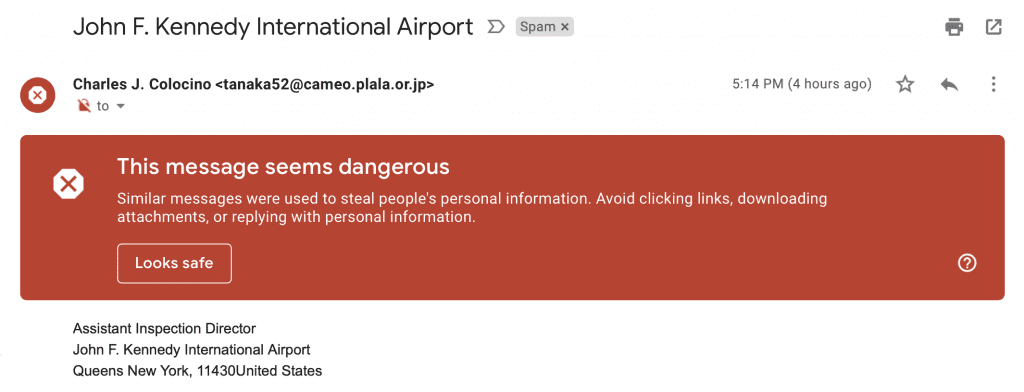
In this section, I’m going to give you 13 tips for creating spam-free emails.
1. Keep it short.
Long subject lines can cause your email to be sent to spam, or at the very least can have a negative impact on open rates. Subject lines should be 50 characters, tops, but even better is if you can get it down to 20. Don’t do the “one word” subject line thing, though. One word: spam.
When it comes to the body of your email, keep the characters under 500, if possible. Can’t get away with a super short email? Break the text up into short paragraphs.
2. Be selective about keywords.
Even if your keywords aren’t on the spam words to avoid in email marketing list, you shouldn’t overload your subject line with them. It’s difficult to craft a well-written subject line in 50 characters while squeezing in three of your keywords, and spam filters will pick up on the lack of quality.
3. Limit punctuation marks.
In the subject line, keep it to two max, and don’t use exclamation marks or question marks. Don’t use a single apostrophe, either (actually, don’t ever use it – there’s no need). Also, don’t use two punctuation marks of any kind in a row, either in the subject line or in the body of the email. That means you should never do this: !!! Avoid ellipses (…) just to be safe, too.
4. Stick to regular sentence casing.
Don’T Do tHIs, obviously, but don’t use ALL CAPS anywhere, either. If you need to highlight a word or make a sentence stand out in the body of the email, bold it, make the font larger, change the background color, place it toward the top of the email, or write a single, compelling sentence.
5. Choose font colors sparingly.
Multiple font colors can be a red flag for the spam trigger. To be safe, use just black. If you need to use multiple colors, limit them to three, and never use red.
6. Balance text and images.
The safest text to image ratio is 60:40. If you need more text or more images, A/B test your emails.
7. Don’t add attachments.
Attachments, especially large ones, are spam filter red flags. Instead, include a link where a file can be downloaded. (Don’t embed forms in your emails, either.)
8. Be smart about links.
If you’re adding links to the email copy, make sure they only go to reputable domains. Don’t use URL shortening services either, like Bitly – they’re considered risky and are often caught by spam filters.
9. Optimize the “from” field.
Even if you’re using your own, professional domain, you still have to optimize the “from” address. [email protected] or even [email protected] are more likely to be flagged as spam than [email protected].
10. Re: and Fwd: don’t trick the spam filters.
Re: and Fwd: should be on your list for spam words to avoid in email marketing. Marketers think they’re cleverly tricking recipients into opening emails, but what they’re actually doing is making it easy for the spam filter to do its job. Even if you’re truly replying to an email or forwarding an email, get rid of these abbreviations – ESPs think they’re spam a lot of the time.
11. Don’t check “Of High Importance.”
Here’s a head-scratcher – in Microsoft Outlook, you can mark that your emails are “Of High Importance,” but ESPs auto-mark those emails as spam.
12. Never pull a bait-and-switch.
The subject line has to be consistent with what’s inside the email. It can be a little exaggerated, but it can’t be deceptive or misleading.
13. Spell check.
You should be doing this anyway because you’re a professional sending a professional email, but poor spelling is also a spam filter no-no.
Wrapping Up
One of the best ways to determine what spam filters pick up on is to regularly sift through your own spam folder. Take mental (or physical) notes of what the subject lines are and then avoid repeating those same mistakes in your own emails. Until you get the hang of which tactics and spam words to avoid in email marketing, create a checklist to run through before sending an important email.
You know how to keep spammy words out of email now, but what’s the verdict on emojis? I got you.

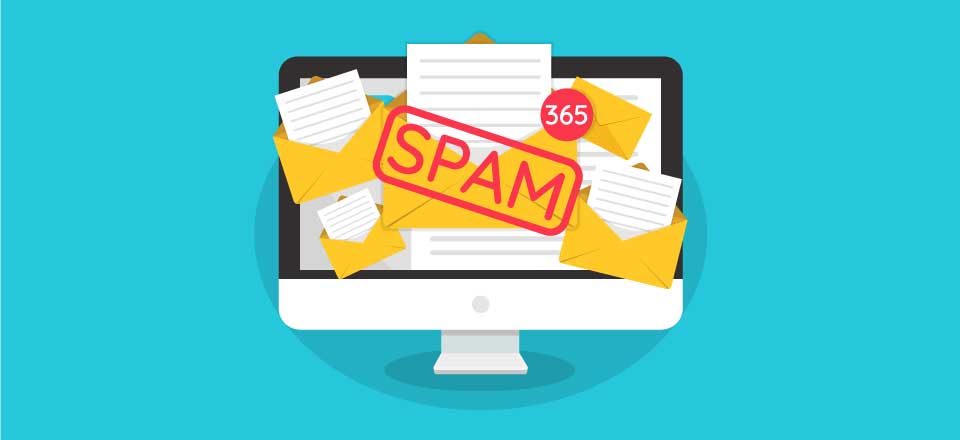





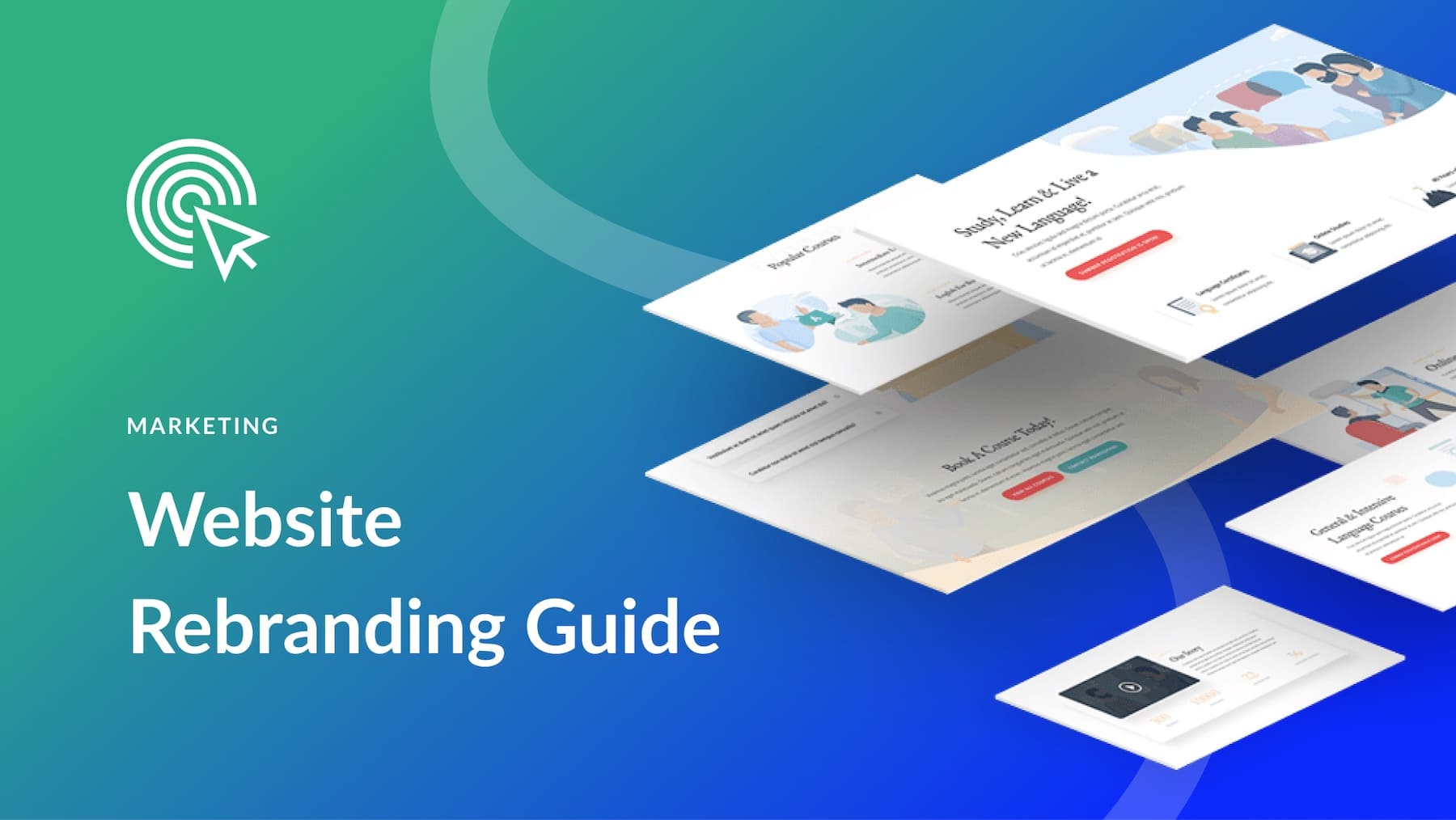
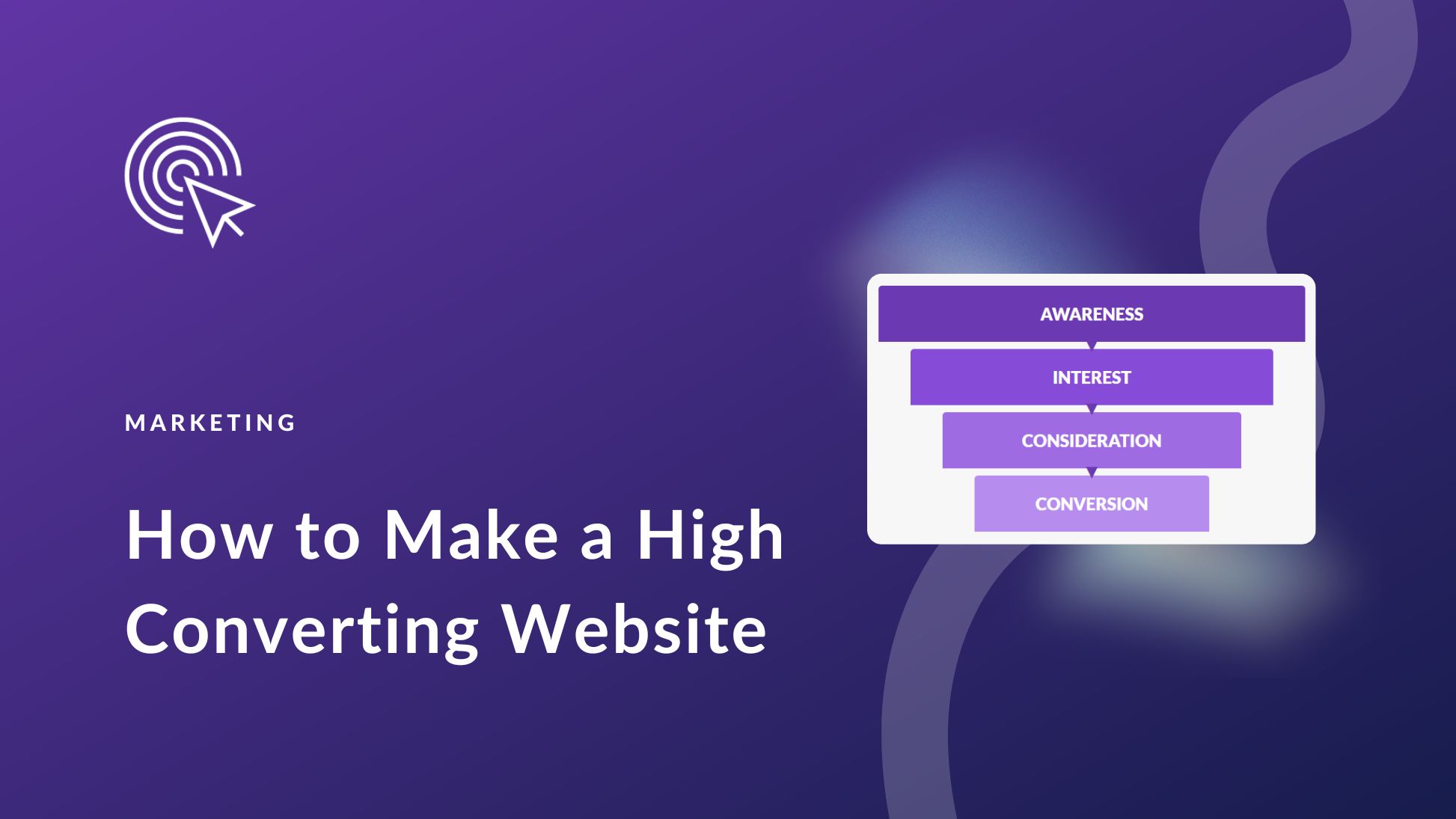
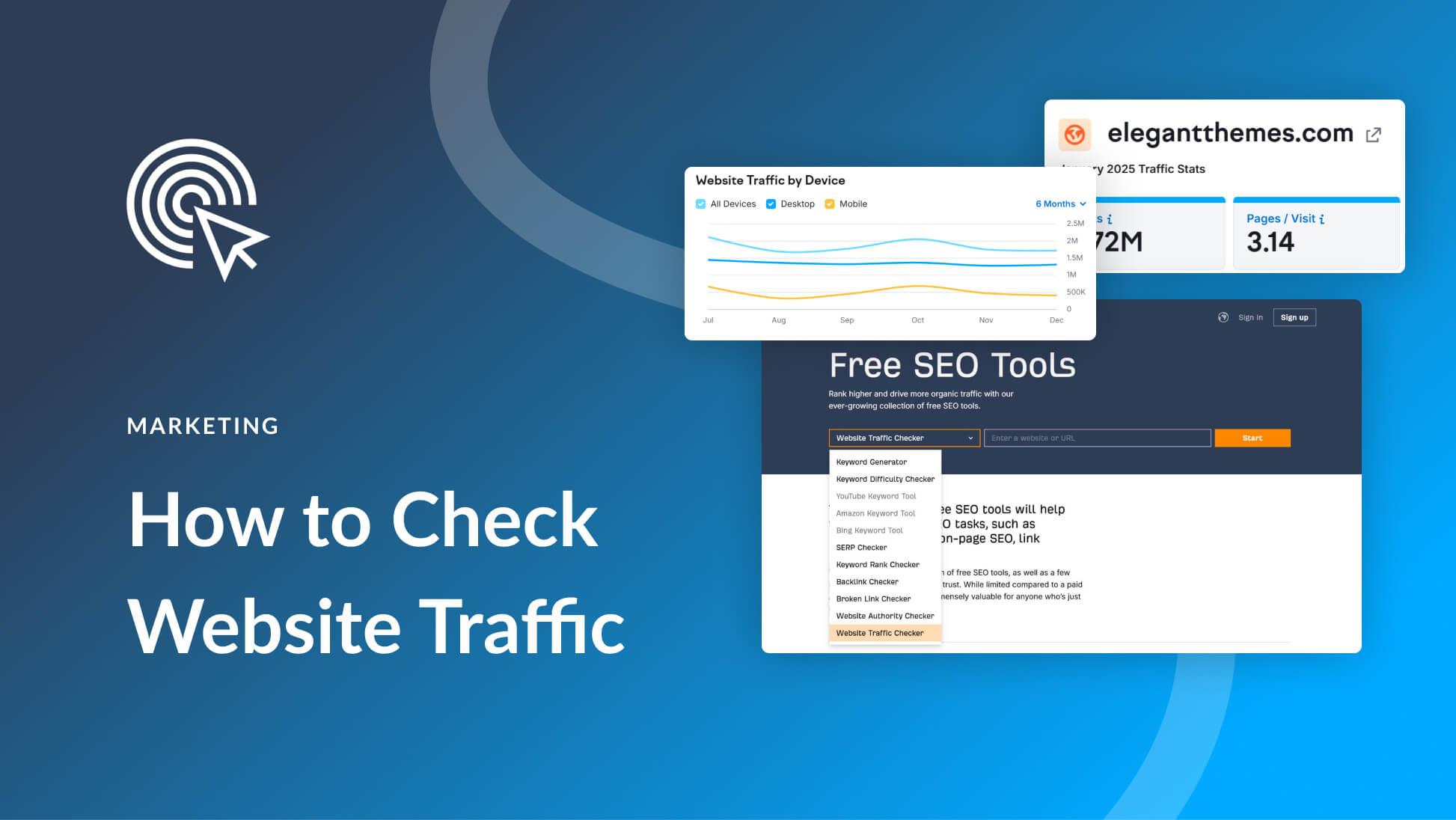
Thank you for this. I have been looking for the best ways to keep out of the junk folders. It hard to be eye-catching and not spammy this is so helpful.
Great, good luck, Laura!
How did you determine the list? Is it something that is updated annually?
I do a lot of email marketing for myself and my clients. I learned some new things today that I will implement. Thanks for the post.
Hey Ryan – Thanks for your comment! I took my personal experience writing subject lines and emails, combined it with a lot of research and then trimmed the list to include the most-likely-to-be-used spam words.
Great and helpful resource. But can you share how you arrived at that list of 300 particular words? Thanks
Experience, research and careful editing!
Great article I too check my spam folder on a daily basis. Even though it hasn’t caught me out as yet its just good practice.
Thanks Damien! I almost never find something that isn’t spam, but when I do, it’s always important.
Very interesting article. Thank you for your advice and sharing this valuable list of words.
This is indeed a great article which is very well articulated the improve email campaign and thereby help to generate sales leads.. thank you for sharing…
Actually, it’s the Mailbox Providers (MBP) that receive the mail.
Email Service Providers are folks like Constant Contact, Mailchimp, Blackbaud, etc. who send the bulk mail.
“Email service providers” is also used in the industry as a catch-all term for different types of email accounts, including email clients and webmail.
Tip *
Use https://www.mail-tester.com to test your email of spam score. Checks the blacklist, DKIM, SPF etc.. 🙂
Excellent, thanks!
Thanks! I was going to ask if there was such a thing!
Thank you for sharing this.Whenever i send emails to my subscribers through Mailchimp it is Received in Spam folder it think preventing from these words will help me to send mails to inbox (not in spam).
Yes, hopefully! An old client of mine had the same problem, and I think it was the words used in the subject line.
Thanks You I have the same question as Frank. I am using Divi/Extra but it still applies. I thought Divi made the blog post title an H1 so I should not use in the actual post.
Divi does do that. Google changed their stance on H1s being used in posts a while back. So it’s okay to use them, as long as they’re used correctly. In most cases, though, it’s not necessary. In posts especially. Most of the time, that kind of use comes in Pages or Single Page sites that need to keep the sections compartmentalized.